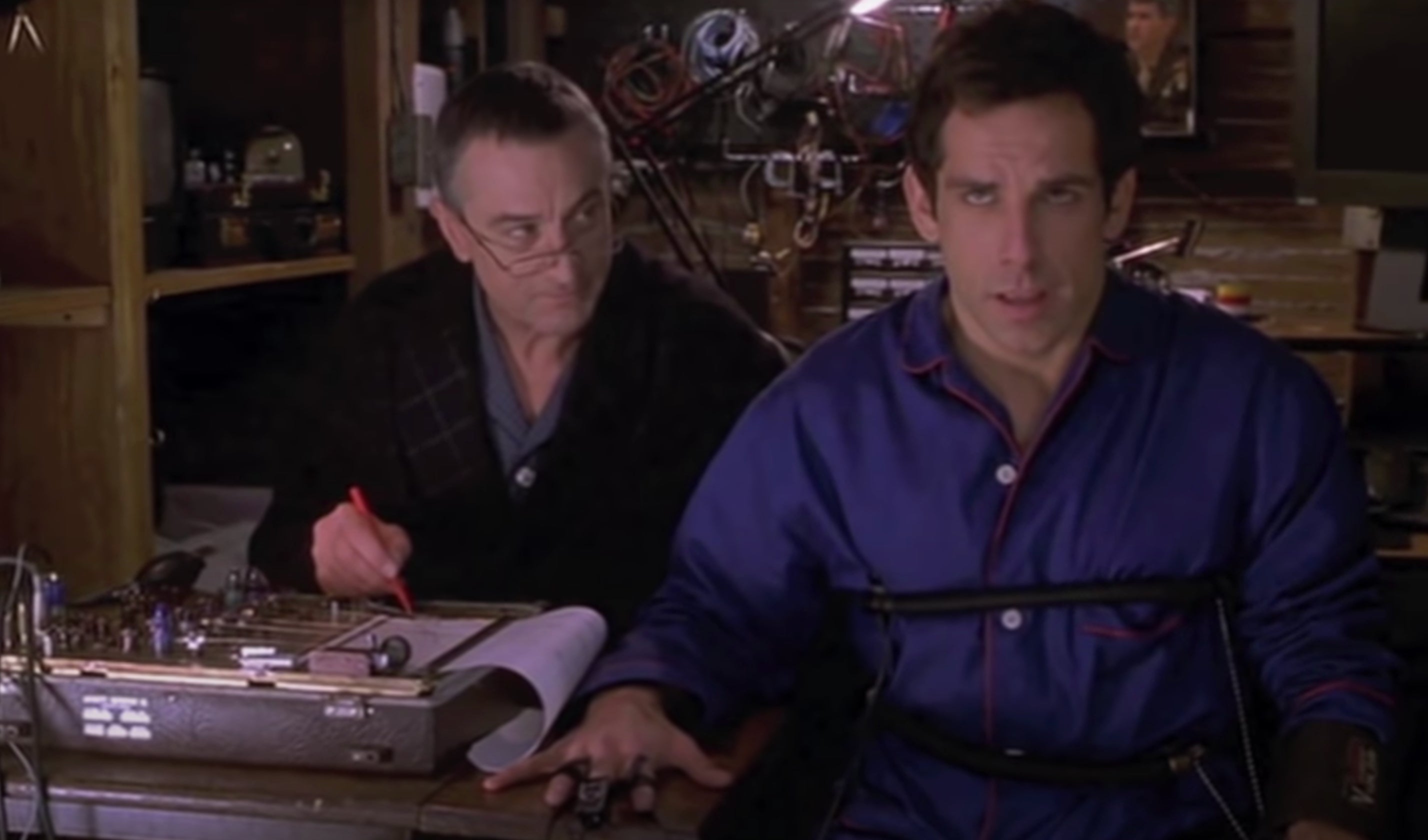Watch This When You're High - How To Tell When Somebody Is Lying

This one feels appropriate for today.
Time - All human beings possess the ability to lie. And many of us do — multiple studies have suggested that, on average, Americans tell one or two lies a day. Fortunately, experts say there are ways to spot signs of untruthfulness.
To identify a fib, you first have to have a baseline for how someone acts when they’re being honest, says Traci Brown, body language expert and author of How to Detect Lies, Fraud and Identity Theft: Field Guide. For example, watch how someone responds to a basic question such as, “Where are you from?” Where do their eyes go? How does their voice sound?
Once you’ve established that baseline, look for shifts in behavior in four different categories: bodily movements, facial expressions, tone of voice and content of speech, says Dr. Lillian Glass, author of The Body Language of Liars. “Those are the codes of communication,” she says.
The signs however, aren’t foolproof — if someone is uncomfortable in their seat, they may fidget; if someone is nervous, their voice may crack.
One or two lies a day??? That's it?
I know people who have two lies down before their feet even hit the floor in the morning.
The videos will get to how to actually tell (according to experts in the CIA), but we all know the tell tale signs-
The hands: Liars tend to use gestures with their hands after they speak as opposed to during or before a conversation, says Traci Brown, who has participated in a deception training program with members of the FBI and occasionally helps work on investigations. “The mind is doing too many things including making up the story, figuring out if they’re being believed and adding to the story accordingly,” she says. “So normal gesturing that might normally happen just before a statement happens after the statement.”
Itching and fidgeting: Rocking the body back and forth, cocking the head to the side or shuffling the feet can also be signs of deception, says Glass, who completed a post-doctoral fellowship at UCLA focusing on Psychology and Verbal and Non-Verbal Communication. Fluctuations in the autonomic nervous system, which regulates bodily functions, can also have an effect, she says. When people are nervous, these fluctuations in the nervous system can prompt people to feel itches or tingles in their body, which in turn can cause more fidgeting, she explains.
The eyes: Someone who is lying might stare or look away at a crucial moment, says Glass — a possible sign they’re moving their eyes around as they try to think about what to say next.
The research conducted by Geiselman at UCLA corroborated this, finding that people sometimes look away briefly when lying. The 2015 study conducted by the University of Michigan also found that those who lied were more likely to stare than those who were truthful — so much so that 70% of the clips of people lying showed them staring directly at the people they were lying to.
This is the big one and I feel like its built into our human nature where without even knowing you can tell somebody is lying simply based on the direction their eyes move when speaking to you.
The mouth: Rolling the lips back to the point where they almost disappear could be a sign someone is lying by omission, according to Traci Brown. “It’s been my experience that, when people do that, they’re holding back emotions or facts,” she says.
Change in complexion: Ever notice someone go white as a ghost when speaking? That could be a sign of untruthfulness, says Glass, who says this signals blood rushing out of the face.
Sweating or dryness: Autonomic nervous system changes can trigger liars to sweat in the T-area of the face (upper lip, forehead, chin and around the mouth) or have dryness in the mouth and eyes — the person might excessively blink or squint, lick or bite their lips or swallow hard, according to Glass.
I feel like if all else fails the go-to move is the family polygraph test straight out of the Jack Burns playbook.
A high-pitched voice: When people are nervous, the muscles in the vocal cords might tighten up (an instinctive response to stress), leading the voice to sound very high-pitched, says Glass. You might also notice a creak in someone’s voice. Clearing the throat, a means of coping with the discomfort of the tightened muscles, can also at times signal dishonesty, she says.
A sudden change of volume: People who fib also tend to raise their voices, says Glass. “Sometimes you’ll get louder because you’ll get defensive,” she adds.
Keep the suggestions coming. Keep them classy. No butt stuff.


